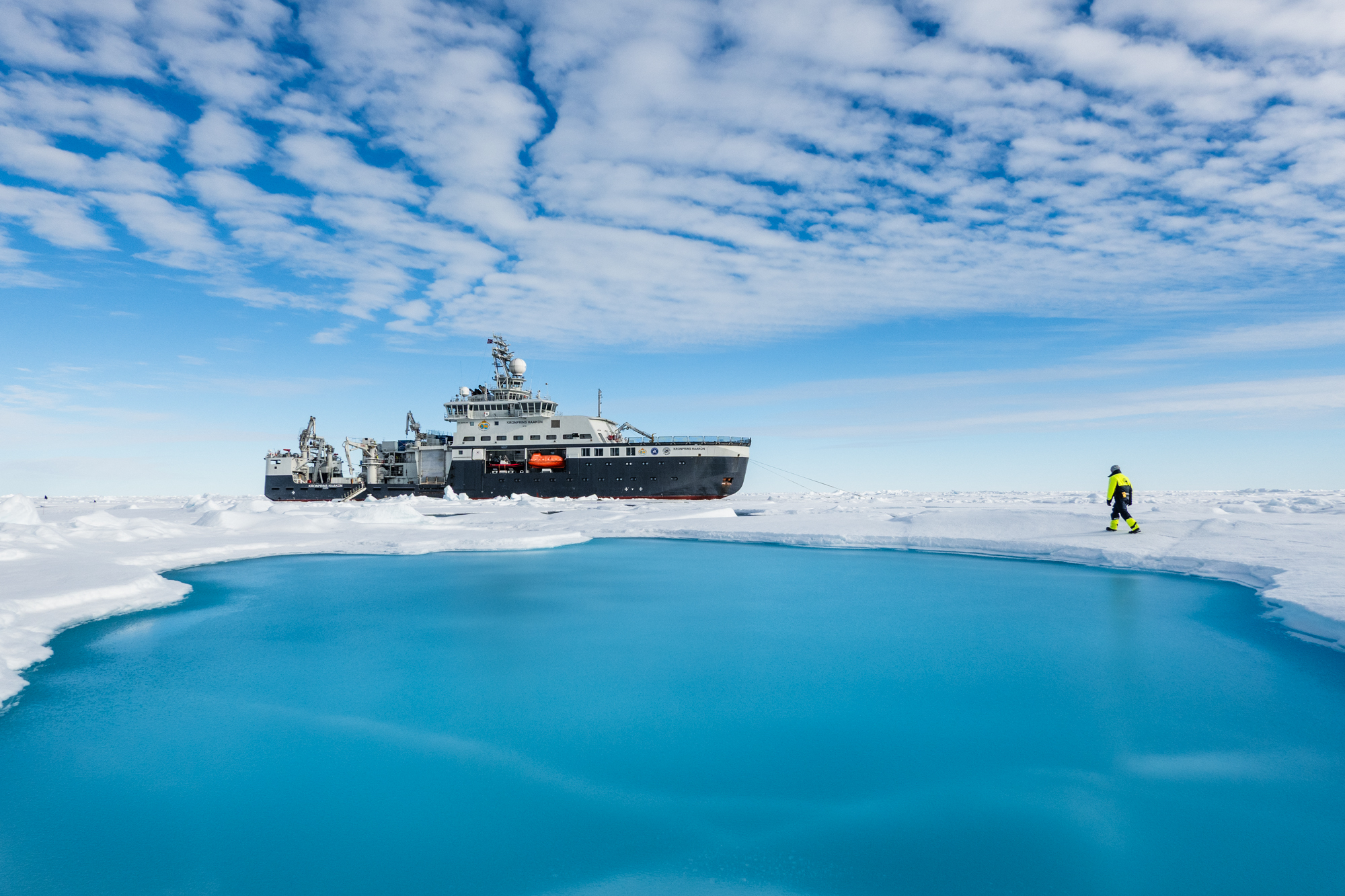– We commit to increasing efforts on polar research with one billion Norwegian kroner over the next ten years starting from 2026, announced Prime Minister Jonas Gahr Støre at a press conference at UiT The Arctic University of Norway in Tromsø on Tuesday, August 26.
18 scientific institutions support the large research project, the Arctic Ocean 2050, including NORCE.
– It is excellent that the government is allocating a billion to the Arctic Ocean 2050, and that all research actors with expertise in this area will cooperate nationally. The Arctic Ocean is important for Norway. Research is important for the Arctic Ocean, says CEO Camilla Stoltenberg of NORCE.
– This is fantastic news! NORCE has been one of the central institutions in this initiative, having led the GoNorth project, which was one of the two projects that joined forces last year to put this important initiative in motion, says climate researcher at NORCE, Priscilla Mooney.
Mooney is a member of the writing group for ‘Arctic Ocean 2050’. This means she has contributed to developing the draft research plan for the initiative.



